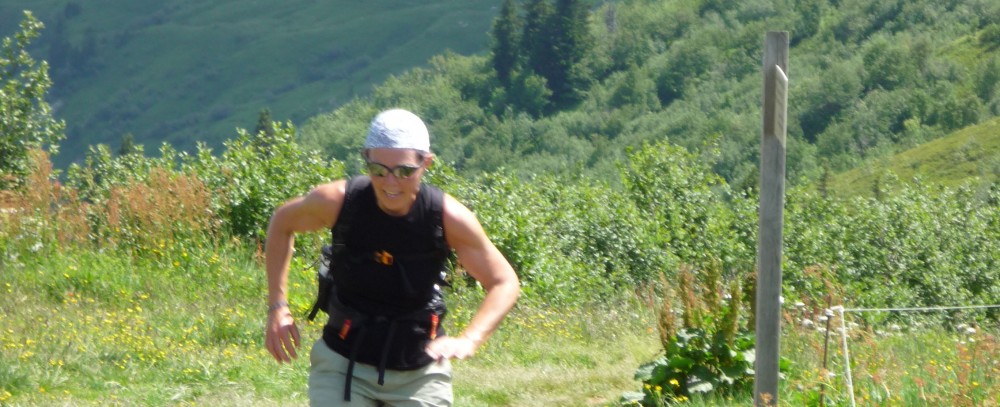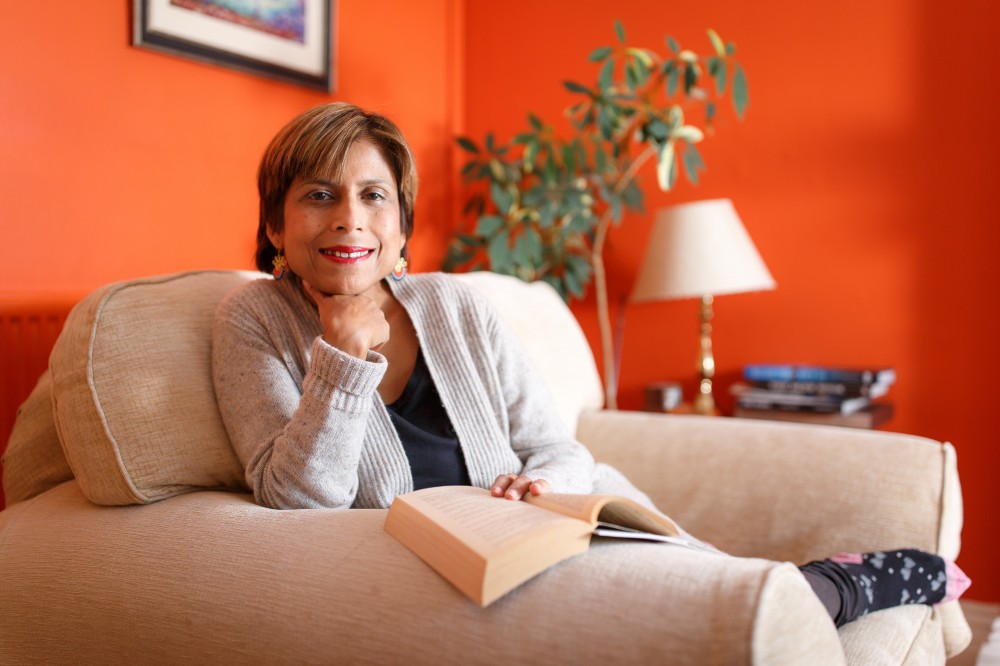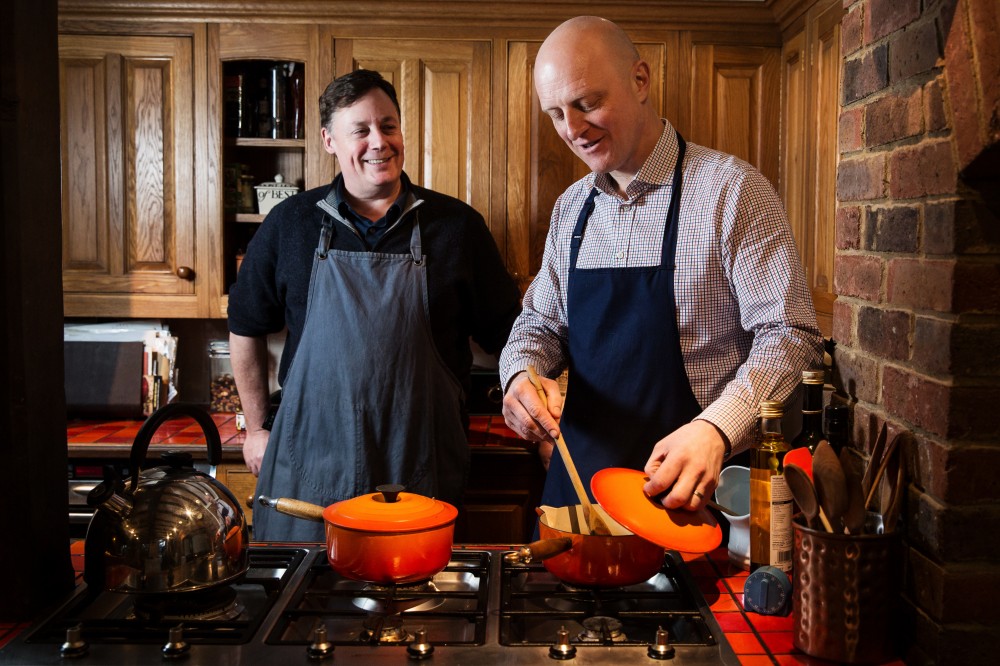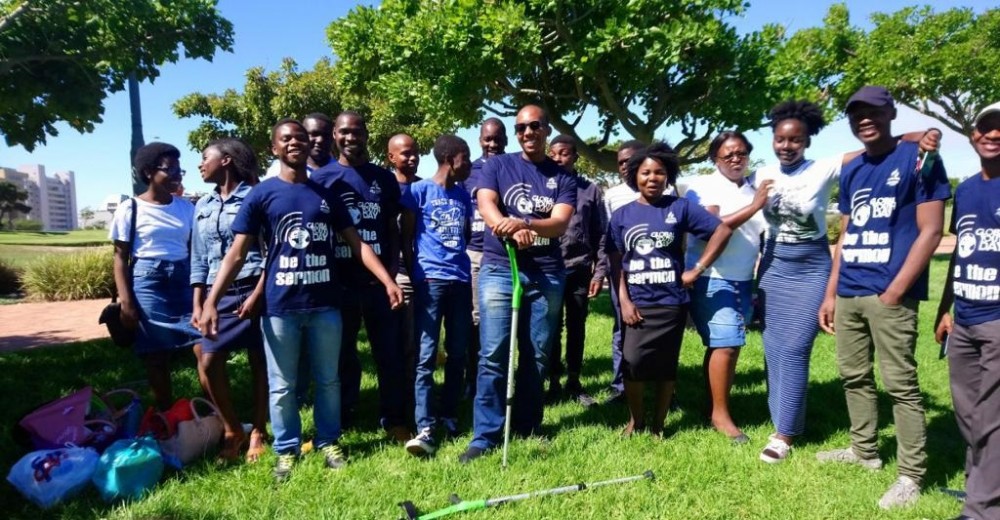Time to take a step back? As part of our #MedSciLife campaign, our researchers share why holidays are so important to them
1. Space to get inspired
Professor Sir Robert Lechler PMedSci is a former President of the Academy of Medical Sciences, and an original champion of our work-life balance campaign.
“When my life risks becoming dominated by work I feel quite unhealthy. Stepping out of my scientific world becomes necessary, and for me travel can be a refuge. My wife is Italian and Umbria is a special place for us where we can unwind and take things at a different pace. When I’m in Italy I sketch. I find it relaxing because you just focus on one thing. Staying in one place for hours at a time while looking intently at something is a form of therapy and is often when I find the solutions to challenges in my work life.” Dr Kirsti Ashworth is a Royal Society Dorothy Hodgkin Research Fellow at Lancaster University’s Environment Centre, and a member of the Academy's SUSTAIN programme.
Dr Kirsti Ashworth is a Royal Society Dorothy Hodgkin Research Fellow at Lancaster University’s Environment Centre, and a member of the Academy's SUSTAIN programme.
“My year doesn’t have the same rhythm as many of my senior colleagues, but the summer is still far less hectic so I always try to take the opportunity for a complete “reboot” of the system. I like to make the most of the long light nights to get out onto the fells once the crowds have gone. Fell running is both physically and mentally challenging and gives me space to clear my head. I usually find I’ve resolved a problem or worry by the time I’ve got back to the car! Just having that extra “me” time re-energises me for the new academic year come September.”
2. Empathise more with others
Professor Geraint Rees FMedSci is Dean of the Faculty of Life Sciences, UCL, and famous for his out-of-office messages championing holidays.
“I would like to think that my positive and engaged approach to work/life balance gives me a richer and more empathic perspective on my work colleagues, and helps me appreciate their need for a work/life balance even though that may be different to my own. I’m also currently chasing my #100 Parkrun t-shirt…”

3. Reconnect with loved ones
Professor Anita Thapar CBE FMedSci is a Professor of Child and Adolescent Psychiatry at the University of Cardiff, and is currently on holiday...
“With academia, there is no endpoint – you could just carry on and on and on. So I always take all my annual leave and I’m really careful about using my holiday as holiday: I never take work and I never do emails. It gives me that break away from work, and it gives us time as a family.
“We normally love this really little, quiet place in Corfu: it’s a small, family-run hotel, with a beautiful beach. We’ve been there repeatedly since our youngest child was about six. Our children continue to book it regularly for all of us. All we do is sit, read books, swim, walk, go out together for meals – nothing really.
“In the evenings, we go out to find pretty pubs, and sit on the top of a cliff. And now the children are older, they’ll have a few beers with us, and we play cards, and watch the sun set. That’s the sort of time they’ll tell us about what’s going on in their lives. They will talk at other times, but this is when they really say things to us. They would be completely relaxed, and we would be completely relaxed. As a child psychiatrist, to me these things are really important. I think I’m very lucky that the children still want to share this with us.”
4. Appreciate the moment
Professor Peter Brocklehurst FMedSci is Director of the Birmingham Clinical Trials Unit.
“My partner was diagnosed with stage 1 testicular cancer and had the necessary surgery. The cancer was very small, so we decided along with our oncologist to manage this with active surveillance. Several months later, retroperitoneal lymph nodes were enlarged and chemotherapy started for stage 4 disease. The treatment was terrible. Severe neutropenia and sepsis after the first course of chemotherapy in someone you love was the most terrifying experience I have ever had to get through. Fortunately the treatment worked and eleven years later all is well.
“After my partner’s cancer, we vowed to work less hard and take all our holidays. We still take all our holidays, but both of us work even harder now than we did at the time.”

5. Get re-energised
Dr Terry Kipkorir is an Academy of Medical Sciences Newton International Fellow who moved to work at UCL’s Institute of Structural and Molecular Biology from the University of Cape Town.
“Summer in Cape Town coincides with the festivities of December, so there was always plenty to celebrate in the long summer evenings (hello, outdoor seating at restaurants!). But this year, summer has found me in the UK and as I have been in London less than a month, I still have much discovering to do. The extra hours of daylight means I can sightsee on foot after work, and there are many free events in London, which are a great way to see what people are up to.
 Terry and his Sabbath community of the Mowbray Seventh-day Adventist Church, Cape Town, volunteering at a foodbank for World Youth Day.
Terry and his Sabbath community of the Mowbray Seventh-day Adventist Church, Cape Town, volunteering at a foodbank for World Youth Day.
“Every week, I observe a Sabbath rest, which is 24 hours of relaxing activities centred around worship. This is my time for personal reflection, cordial fellowship with friends, and celebration. After the weekend, I usually find myself re-energised and hopeful for the week ahead.
“I have been living like this since 2002 and I think this pattern of living has helped me so much. Academics have a round-the-clock working schedule because they cannot turn off their minds: their tool of the trade. Therefore, unless we deliberately plan rests and breaks into our lifestyles - and this means unplugging - it would be nigh impossible not to wear out quickly.”
Feeling inspired to take a break? Read more top tips on work-life balance and failure from our MedSciLife campaign, or switch off and head outside.
![]()
A life outside science is not an extra, but an integral part of who we are as researchers.
The Academy of Medical Sciences' #MedSciLife project brings together personal stories of those working in medical and health research to promote different working practices and explore how passions and achievements outside work can influence careers. Find out more at www.medscilife.org